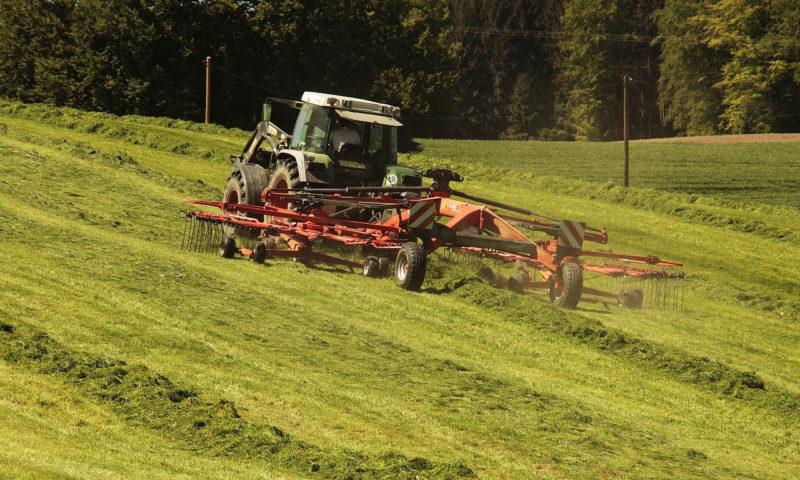
Pixabay
How Economists “See” the Environment: Textual Framing and Research Bias in Current Economic Research on the Environment, 2016-today
Textual Framing and Research Bias in Current Economic Research” is a social sciences research project working under the interdisciplinary umbrella of the environmental humanities that seeks to scrutinise how frames influence and possibly distort the outcome of economic research on the environment. It works with economic research published between 2016 and today in top-ranked academic journals, such as Ecological Economics and Quarterly Journal of Economics.

Pixabay
This dissertation addresses how “the environment” is framed in economic research. The research spans from 2016 to today and pertains to various economic sub-disciplines which research on the natural environment. Articles are selected from a variety of top-ranked academic journals which cover diverse issues related to economic studies of the environment. Three topics that cross the disciplinary boundary between economics and ecology have been selected for study: energy, agriculture, and waste management. In this dissertation, I analyse economic articles to unpack the biases constructed into studies about the natural environment. What I hope to discover is that framing causes partiality towards particular economic prescriptions based on the environmental assumptions inherent to each frame type. The research method employed is one of qualitative frame analysis; specifically, articles are categorised based on fundamental phrases and rhetorical mechanisms. This highly significant research brings together frame analysis and economics, contributing to an interdisciplinary understanding of research biases in economics. Through this dissertation, I aim to bring awareness about environmental framing in economic research to reduce biases in the humanities. This research increases in terms of significance when considering the broader societal impact of economic research in influencing environmental policy prescriptions.
This study breaks down its overarching research objective into two key sections:
(i) How do economists “see” the environment? Which discrepancies exist across different economic sub-disciplines, and how do these discrepancies influence research outcomes?
(ii) How are the three selected topics on the environment – energy, agriculture, and waste management –, framed in economic research in academia?
Danielle Schmitz is a Ph.D. student at the Rachel Carson Center, LMU Munich. Contact: d.schmitz@campus.lmu.de

